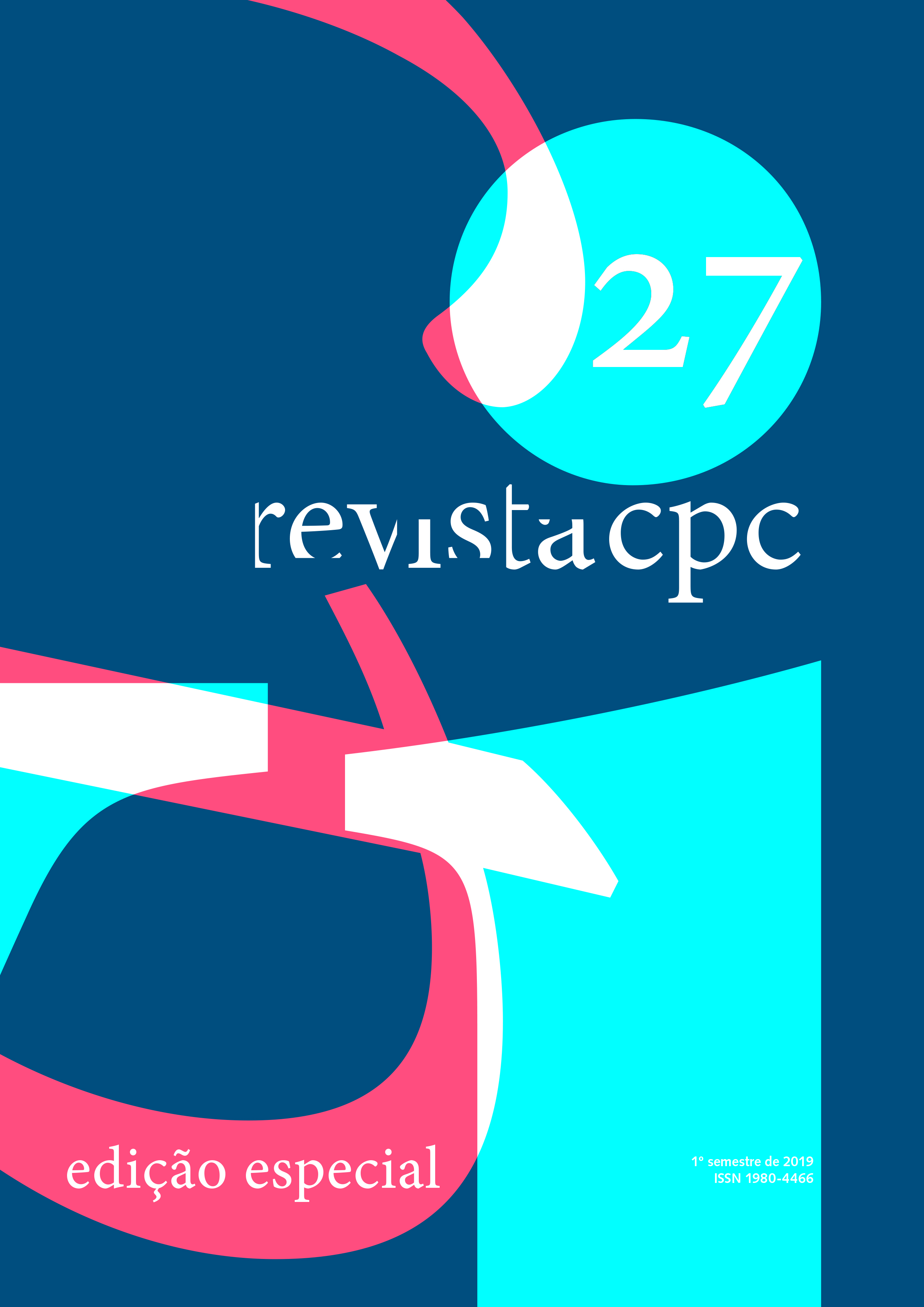Beyond the borders
DOI:
https://doi.org/10.11606/issn.1980-4466.v14i27espp111-132Keywords:
Cultural heritage, Education, Citzenship educationAbstract
The conservationist actions in urban sites and assets generate socioeconomic impacts, sometimes positive, and sometimes negative. The distance between the restoration, revitalization or requalification teams and the everyday life of the heritage sites have impacts on the materiality, values and, especially, on the social dynamics of the territory. Heritage education, which traditionally serves to mediate conflicts or to raise awareness, will be addressed in this article as an instrument for the development of participatory preservationist processes. To that end, the concept of educational territory will be unraveled as a reflective and creative exercise. Seen from this perspective, education becomes a relational field of teaching-learning processes, in which experience, information and values are exchanged and people, seen as incomplete beings, always have something to teach and to learn. Within this field, the hierarchies of value between technical, academic and popular knowledge are broken to create situations for the union of the diverse wisdoms of a group of people, for its own benefit. All the sciences that compose a territory are called
to contribute in the preservation process of a heritage, at the same time that this process is not only based on the materiality of heritage site, but in all the complexity of life, relationships and values contained in it. Thus, the concept of educational territory opens new possibilities to the problems and practices of preservation processes, creating citizen’s and democratic perspectives to public institutions for the protection of cultural heritage.
Downloads
Downloads
Published
Issue
Section
License
- Os autores mantêm os direitos autorais e concedem à revista o direito de primeira publicação, com o trabalho simultaneamente licenciado sob a Licença Creative Commons Attribution que permite o compartilhamento do trabalho com reconhecimento da autoria e publicação inicial nesta revista.
- Os autores têm autorização para assumir contratos adicionais separadamente, para distribuição não exclusiva da versão do trabalho publicada nesta revista (ex.: publicar em repositório institucional ou como capítulo de livro), com reconhecimento de autoria e publicação inicial nesta revista.
- Os autores têm permissão e são estimulados a publicar e distribuir seu trabalho on-line (ex.: em repositórios institucionais ou na sua página pessoal) a qualquer ponto antes ou durante o processo editorial, já que isso pode gerar alterações produtivas, bem como aumentar o impacto e a citação do trabalho publicado (Veja O Efeito do Acesso Livre).








